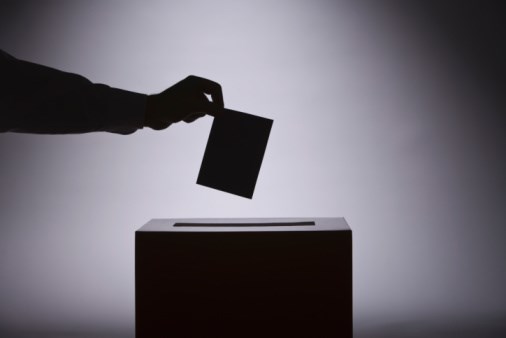Keith Archer, sa���ʴ�ý’s chief electoral officer, is stepping down at the end of next week. The timing is both unfortunate and suspicious. It’s unfortunate, because the referendum on electoral reform is only six months away. That gives Archer’s replacement scant time to get up to speed.
Appointments of this kind sometimes take months to complete. It is possible we’ll head into the referendum with merely an acting official in place.
More important, there are numerous points of controversy around the manner in which the referendum will be structured. The government has refused to say how the question will be worded, and has also set the standard for a yes vote at the lowest level possible — 50 per cent plus one.
In addition, no provisions are being made to prevent residents of the province’s geographic heartland from being outvoted by the much smaller, but more populous, Lower Mainland.
These measures, collectively, are a major departure from long-standing precedent. Yet it is part of the chief electoral officer’s duty to ensure that votes are held in a fair and proper manner.
Will a replacement for Archer, with only a few months on the job, have the experience and confidence to perform this duty in what is shaping up be a highly controversial moment in our province’s history?
And here is where the element of suspicion enters the equation. The chief electoral officer is appointed by a committee of MLAs, with representation from both the governing and opposition parties. Their decision must be unanimous.
Last fall Archer, who was approaching the end of his first term, was told by the committee that if he wanted to stay on for a second term, he would have to compete with other candidates. This is somewhat unusual. Officers of the legislature who have done a good job are frequently assured a second term.
That didn’t happen. Obviously, one or more members of the committee had questions. Given these circumstances, Archer tendered his resignation.
But what were the questions? No one on the committee will say.
Archer is credited with efforts to increase the voter turnout at elections. He’s made it easier to register to vote, and expanded access to the ballot box. Hard to see a problem there.
After it became clear to Archer that it was time to move on, he offered departing suggestions to the committee. Some are controversial.
He proposed pre-registering 16- and 17-year-olds so they can vote as soon as they turn 18. But young people tend to lean left, something Liberals on the committee could have problems with.
He also suggested expanding election campaigns from the current four weeks by an additional five to 10 days. That might create difficulties for the Green Party, whose war chest is smaller than the other two parties.
And he asked for access to databanks held by several public bodies, among them the Medical Services Commission. His intent was strengthen voter lists, and the information he asked for was confined to names, addresses and dates of birth. Nevertheless, there are privacy concerns here that MLAs on both sides of the aisle might raise.
As noted, however, these proposals, made after Archer had already been told a second term wasn’t guaranteed, could have played no part in the committee’s decision.
Given the cone of silence surrounding this matter, it’s impossible to say what happened. Perhaps the committee as a whole simply wanted a fresh start.
However, it is equally possible that at least one party didn’t want an experienced chief electoral officer overseeing this fall’s referendum. At a minimum, that appearance has certainly been created.
What we can say is that sa���ʴ�ý’s chief electoral officer is leaving his post at a most unfortunate moment. This is not a reassuring development.



